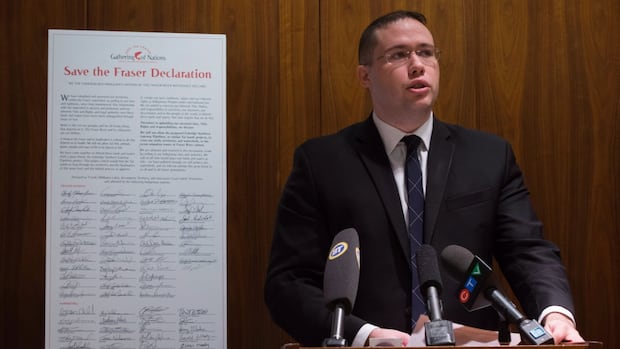B.C. public workers to start job action Tuesday, union says

Public Sector Workers in B.C. Begin Job Action Amidst Wage Dispute
A portion of British Columbia’s 34,000 public sector employees are set to initiate job action starting Tuesday, following a resounding 92.7 per cent vote in favor of strike action by the British Columbia General Employees’ Union (BCGEU) last week. The specifics of the job action have not been disclosed, as union president Paul Finch has chosen to remain tight-lipped about which workers will participate in the strike.
Finch emphasized the importance of respecting picket lines and urged the public to show support for the workers during this time. The potential list of workers taking job action includes wildland firefighters, social workers, correctional officers, sheriffs, administrative professionals, conservation officers, court workers, and scientists.
Negotiations between the union and the province have been at a standstill since the announcement of the strike action plan. The primary demands from the union revolve around increased wages to combat the rising cost of living and the implementation of remote work options. BCGEU members currently earn 2.7 per cent less than the average wage in the province, with 22 per cent of them working multiple jobs to make ends meet.
Labour Minister Jennifer Whiteside refrained from commenting on the specifics of the dispute, expressing support for the workers’ right to strike. She emphasized the government’s respect for the collective bargaining process and the workers’ right to organize.
The union hopes that the government will align with their vision and address the cost of living challenges faced by public sector employees. However, Justin Wiltshire, an assistant professor of economics at the University of Victoria, highlighted the financial constraints faced by the province due to rapid growth in the public sector.
Wiltshire suggested that significant across-the-board wage increases may not be feasible given the current financial situation. He proposed potential solutions such as tax hikes, although this could further burden residents already struggling with affordability.
In the midst of this wage dispute, both the union and the government are in a tough position, with neither party likely to come out entirely satisfied. The union has assured that any disruptions to essential services will only occur after a 72-hour notice period.
As the job action unfolds, it remains to be seen how the negotiations will progress and the impact it will have on essential services in British Columbia.



